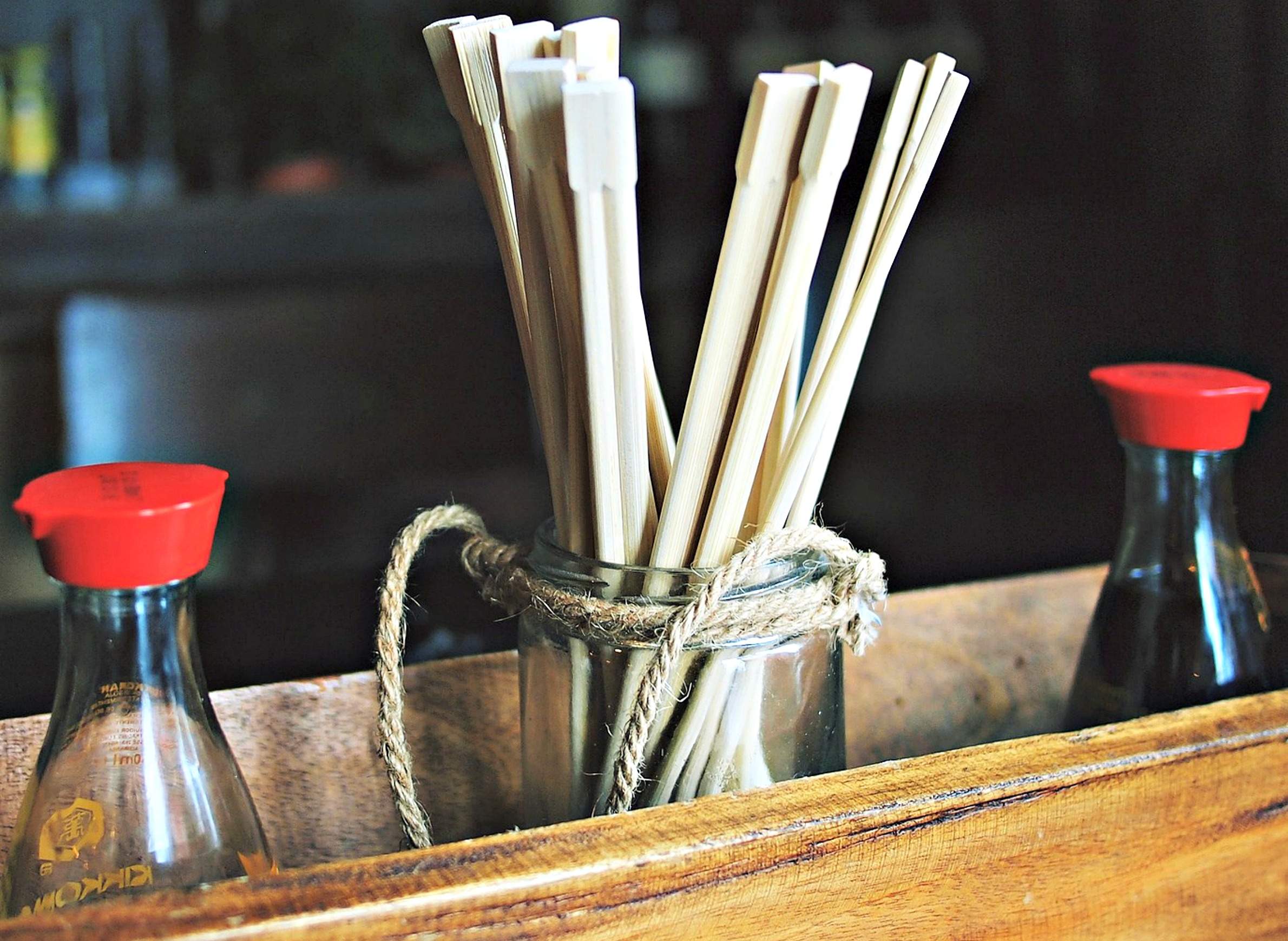
Wisconsin is a leading producer of soy sauce.

Wisconsin is a leading producer of soy sauce.
Food scientists around Wisconsin are building on a growing interest in fermentation to help both craft brewers and multinational mega-breweries improve their beers. But their work isn't just about the state's alcoholic beverage producers, it's about boosting Wisconsin into a more competitive position when it comes to all manner of food and drink products. The broader picture is all about harnessing the powers of yeast, bacteria, and fungi to metabolize sugars into alcohol and other substances. Events like the annual Fermentation Fest, held in Reedsburg every autumn, indicate a bubbling fascination in the process and its products that extends to the local-foods movement, artists and the general eating public.
University of Wisconsin-Madison food science professor James Steele is one of many academics in the UW System and Wisconsin Technical College System taking part in a loose but vigorous collaboration they're calling the "Wisconsin Fermentation Initiative." In a March 20, 2015 talk at the Wednesday Nite @ the Lab Series on the UW-Madison campus, he offered an overview of the different Wisconsin-made food products that depend on fermentation for their form and flavor. The talk was recorded for Wisconsin Public Television's University Place, and was the second to cover the growing interest in fermentation science around the state. A Dec. 3, 2014 talk by UW-Madison food science lecturer Hans Zoerb focused on how the genetics of yeast is one key focus of this research.
Steele's overview included some of Wisconsin's significant but less iconic fermented products — Japanese soy-sauce maker Kikkoman's first North American plant was in Walworth, and over the years the company has funded food and water research in the UW System.
Steele also discussed how partnerships between academics and industry go beyond the basic science of fermentation. In addition to studying the biology of microorganisms responsible for fermentation, the initiative aims to develop processes that will help food processors, brewers, and wineries turn out more consistent products with greater efficiency. The combination of all these efforts, he said, could brew a stronger future for Wisconsin's economy.
Key facts
Key quotes